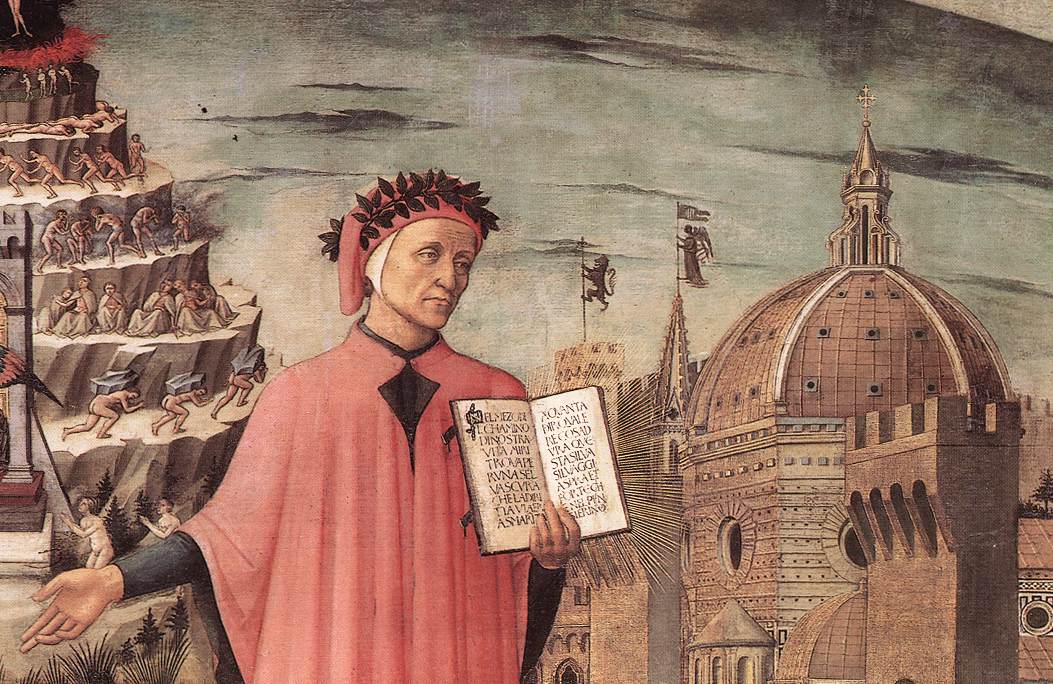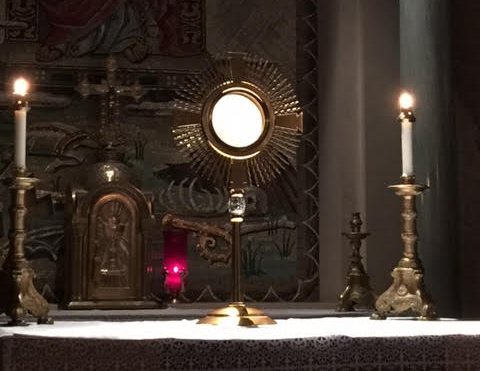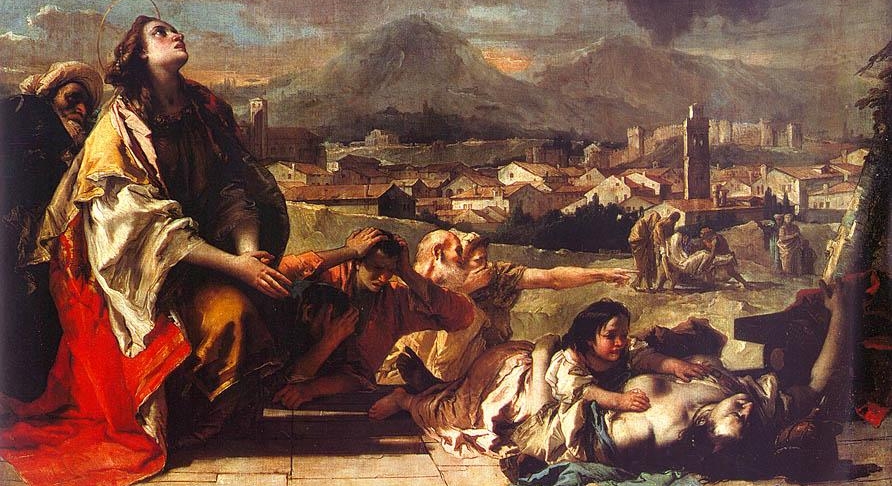Sex Abuse
Henneberger’s cri de coeur is a scorching rebuke to Catholic bishops
After the Vatican ordered US Bishops to refrain from voting on episcopal correctives to their failures on the sex abuse front (a February bishop’s gathering in Rome will now address it), American bishops left their bi-annual conference with little to show for their time beyond approving a the promotion of Read more…



